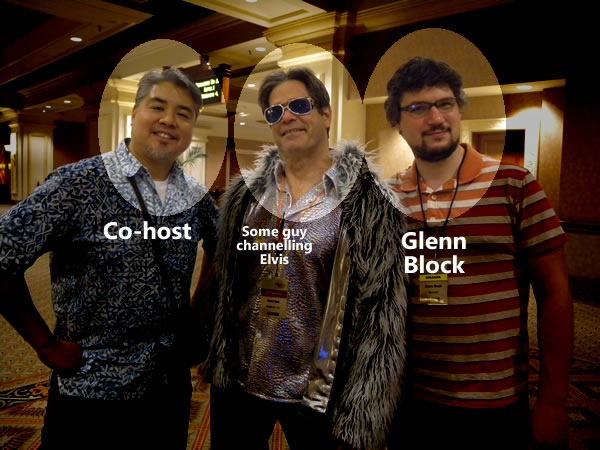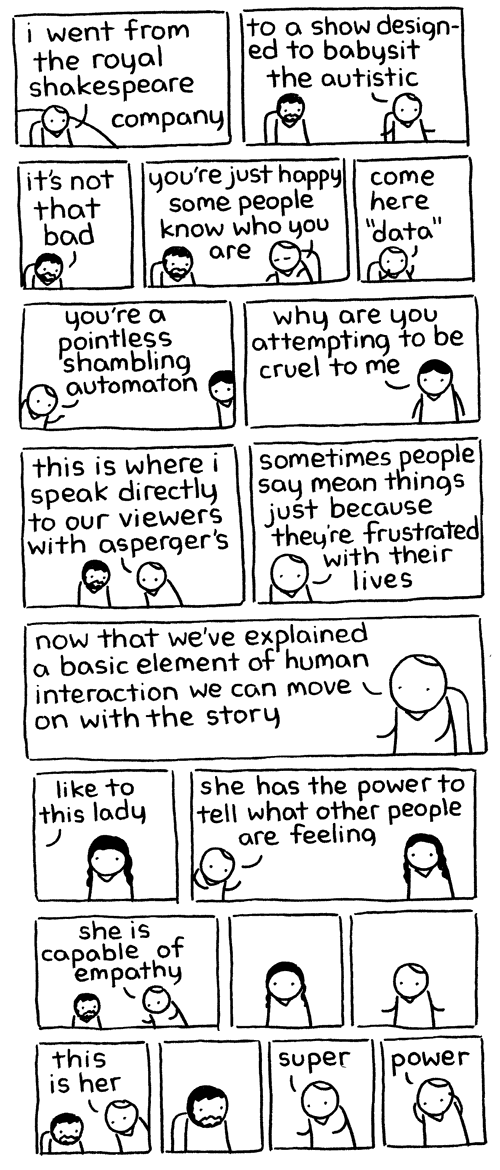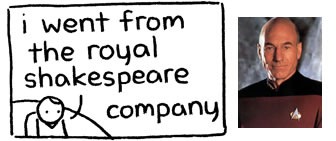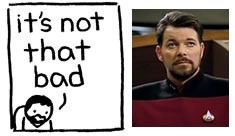To be a Windows Phone 7 rock star, you could use your favourite rock and roll instrument to promote it like I did…

…or, if you’re a student, you can build a Windows Phone 7 application and submit it as an entry for Imagine Cup 2010. They’ve just announced a new award – the Rockstar award – for winning apps written for Windows Phone 7, using either Silverlight or XNA.
What Sort of App Submission are We Looking For?
The app needs to be designed with the “consumer” in mind and should be both useful and visually compelling. You’ll need to be able demonstrate your app entry up and running, either in the emulator (which comes with the Windows Phone development tools) or on an actual Windows Phone 7 device. Windows Phone 7 is a completely new phone operating system, which means that it’s a golden opportunity for you to become one of its first developers.
According to the competition site, applications submitted will be judged based on:
- Originality
- Consumer appeal
- The unique mobile-oriented features integrated in to your app. Don’t just blindly port a desktop app to the phone – take advantage of the unique characteristics of its mobile, location-aware, always-with-you, connected-in-many-ways nature!
How Do You Enter the Competition?
- Register and sign up your team (maximum team size: 4 people) before May 24, 2010 at 11:59 P.M. GMT.
- Read the complete Rules and Regulations for this award competition. Make sure you carefully review and understand the unique entry requirements, and judging criteria.
- Your team will submit an ‘XAP’ application package when you’ve completed your application in Silverlight or XNA.
- Submit your entry before May 24, 2010 at 11:59 P.M. GMT. Use these helpful guidelines and plan to begin the upload process for your entry at least 24 hours prior to the deadline in case Murphy’s Law rears its ugly head.
What Can You Win?
- First prize:
- US$8,000
- A trip to the Imagine Cup Worldwide finals in Warsaw, Poland (July 3 – 8, 2010)
- A Windows Phone 7 for each team member
- Serious bragging rights
- Second prize:
- US$4,000
- A Windows Phone 7 for each team member
- Third prize:
- US$3,000
- A Windows Phone 7 for each team member
How Do You Get the Windows Phone Developer Tools?
Go to the Windows Phone 7 Series page, where you can get:
- Developer tools (including the emulator)
- Documentation
- Developer Guides
- Code Samples
For More Details…
Check out the Windows Phone 7 Rockstar Award page on the Imagine Cup site.


 Last week, John Bristowe and I interviewed
Last week, John Bristowe and I interviewed 







